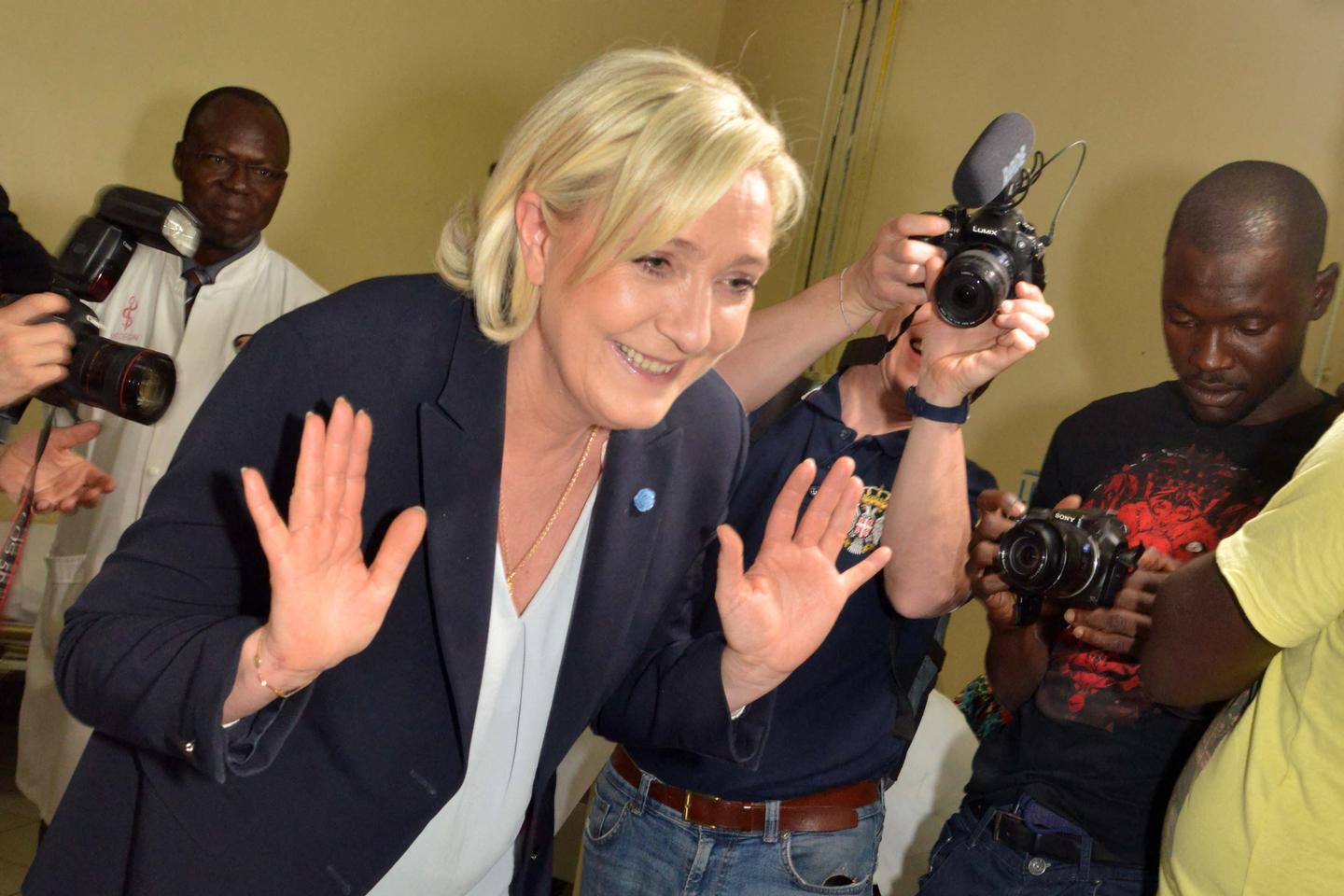


From between indifference to the rise of the far right in France, to concern for their nationals living in the country: that is how African leaders reacted to the results of the June 9 European elections, in which the Rassemblement National (RN) topped the polls with 31.4% of the vote, and on the dissolution of the Assemblée Nationale in Paris. In the presidencies and ministries of French-speaking Africa, there is no restlessness ahead of the pariamentary elections on June 30 and July 7.
"It used to be that when Paris coughed, Dakar sneezed!" said a close friend of Senegalese Prime Minister Ousmane Sonko: "In this case, the dissolution didn't make the government react, and even the press barely mentioned it. This shows the breakdown in our relations with France. The new generation no longer sees Paris as the metronome of our lives."
Ousmane Sonko, the leader of PASTEF (Patriotes Africains du Sénégal pour le Travail, l'Ethique et la Fraternité), and his former right-hand man turned president, Bassirou Diomaye Faye, have for several years displayed their closeness to La France Insoumise (LFI) and its founder, Jean-Luc Mélenchon, who was in Dakar in May. They advocate for sovereignty and have based their foreign policy discourse on an end to neo-colonialism, embodied by the CFA franc and the presence of French military bases in some former colonies.
On the other hand, former president Macky Sall took Marine Le Pen, the figurehead of the French far right, seriously, whom he received at the presidential palace in January 2023, causing controversy. At the time, one of his advisers admitted that he "couldn't ignore the Rassemblement National."
'A non-issue'
Today, according to Vieux Aidara, a PASTEF executive, the possibility of seeing his protégé, Jordan Bardella, at the helm of the next French government is "a non-issue." He cited the example of Giorgia Meloni, whose speeches targeting immigration raised concerns in African countries with large communities in Italy: "Despite her accession to power [in October 2022], there have been no changes in relations between Italy and Senegal." "The new French rulers, too, will be caught up in reality," said a Mauritanian source.
Long considered unapproachable, the heir party to the Front National (FN) is deploying its networks in Africa while, at the same time, French diplomacy is losing influence. In addition to her trip to Senegal, Le Pen visited Chad in 2017, shortly before the first round of the presidential election. There, she criticized Françafrique alongside then-president Idriss Déby Itno, an old French ally in the region, and pledged her desire to establish an "adult relationship" with the continent.
Seven years later, the RN is part of the landscape for the decision-makers in N'Djamena. "These elections are a catastrophe for French political life, but if Jordan Bardella comes to power, it won't change much for us," said an official. "We'll adapt all the more easily as Marine Le Pen was the first to congratulate our president [Mahamat Idriss Déby] after his election [in May]."
In Djibouti, another country that hosts a French contingent (the largest, with 1,500 men), a person close to the president said that "nothing will change" there if the RN were to come to power, as "the Franco-Djiboutian relationship is governed by the military base, which is too important for Paris" due to its strategic position on the trade route between the Indian Ocean and the Mediterranean.
'A blessing in disguise?'
In Burkina Faso, whose authorities have turned away from France in favor of Russia, the daily newspaper Le Pays is not far from rejoicing at the rise of the far right in Europe. "It could be a blessing in disguise for Africa... Beyond the migration issue, this rise in nationalism in Europe comes against the backdrop of a rapidly changing Africa, where more and more African countries are invoking the question of their sovereignty in the choice and diversification of their partners... This way of refocusing on themselves denotes a desire to break with an old order."
Tensions between Paris and several countries on the continent have been fueled by France's visa policy, deemed too restrictive and discriminatory in many African capitals. Will the RN come in, as it promises, to further tighten the rules for entering France? "If visas are blocked by France, we will apply reciprocity," said the Chadian official previously quoted.
In Côte d'Ivoire – one of Paris's last remaining staunch allies in West Africa – a presidential palace executive wonders about the local repercussions of too close a friendship with far-right French leaders. "The question of relations between our ministers and RN ministers will arise if France decides to pursue a policy that would be unpopular at home," he said. And he concluded with a note of distress: "France is taking on a new face that will accelerate its fall in Africa."
